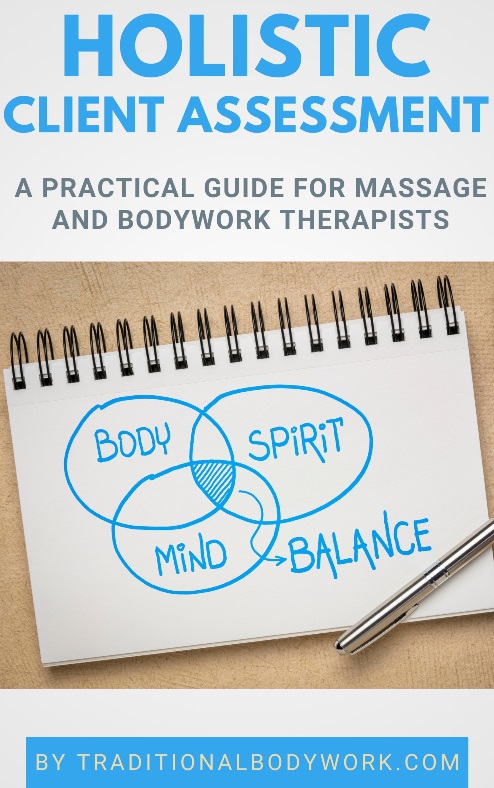
The type of diet and nutrition a person has may attribute, aggravate, or even cause their physical health complaints.

For instance, for some persons certain foods or ingredients may cause digestive problems, abdominal pains, low back pains, headaches, skin problems, joint stiffness or joint pains, insomnia, irritability and nervousness, or make one feel sluggish and with low energy. Just to give some examples.
Mind that food allergies, intolerances or hypersensitivity can develop gradually over time, which means that the nutrition one consumes that didn’t cause any issues before can suddenly start to give health problems.
The above is one of the reasons that people may have allergies or intolerances to certain foods or drinks, but are not even aware of it and seek help or healing in other types of treatments (instead of changing their diet), such as medication, massage, or bodywork.
Another thing is that a range of existing health complaints, such as arthritis, asthma, or migraines may be aggravated by the type of food a person eats. It means that clients may need to adjust their diet to alleviate or mitigate the intensity and/or symptoms of those complaints. That is, massage or bodywork therapy may contribute to feeling better, but will not solve issues structurally if the client doesn’t change their diet.

It may also be that the client lacks certain nutrition, such as the proper amount of vitamins, fibers, proteins, carbohydrates, minerals, and whatnot, or by contrast has a monotonous diet with an excess of a certain ingredient. That is, nutritional inadequacy may also cause health complaints, such as eating disorders, overweight and obesity, cardiovascular diseases, hypertension, diabetes mellitus, digestive disorders and pains, and developmental abnormalities, among other issues.
A massage or bodywork therapist should at least be aware of all this, and try to assess if there’s a possible relationship between the nutrition the client takes (or not takes) and their specific physical health complaints. This will make their treatments more effective, especially when the client would adjust their diet if there’s an issue with it.
Yet, it demands from the therapist to explicitly ask the client after their diet, which is usually quite a complicated task and often out of the range of competencies and expertise of a massage therapist or bodyworker.
Nevertheless, some things may be rather obvious, and in any case a dietitian or nutritionist can come of great help here. If there’s a suspicion of food causing specific physical problems a client may be open to further exploring this path.

















